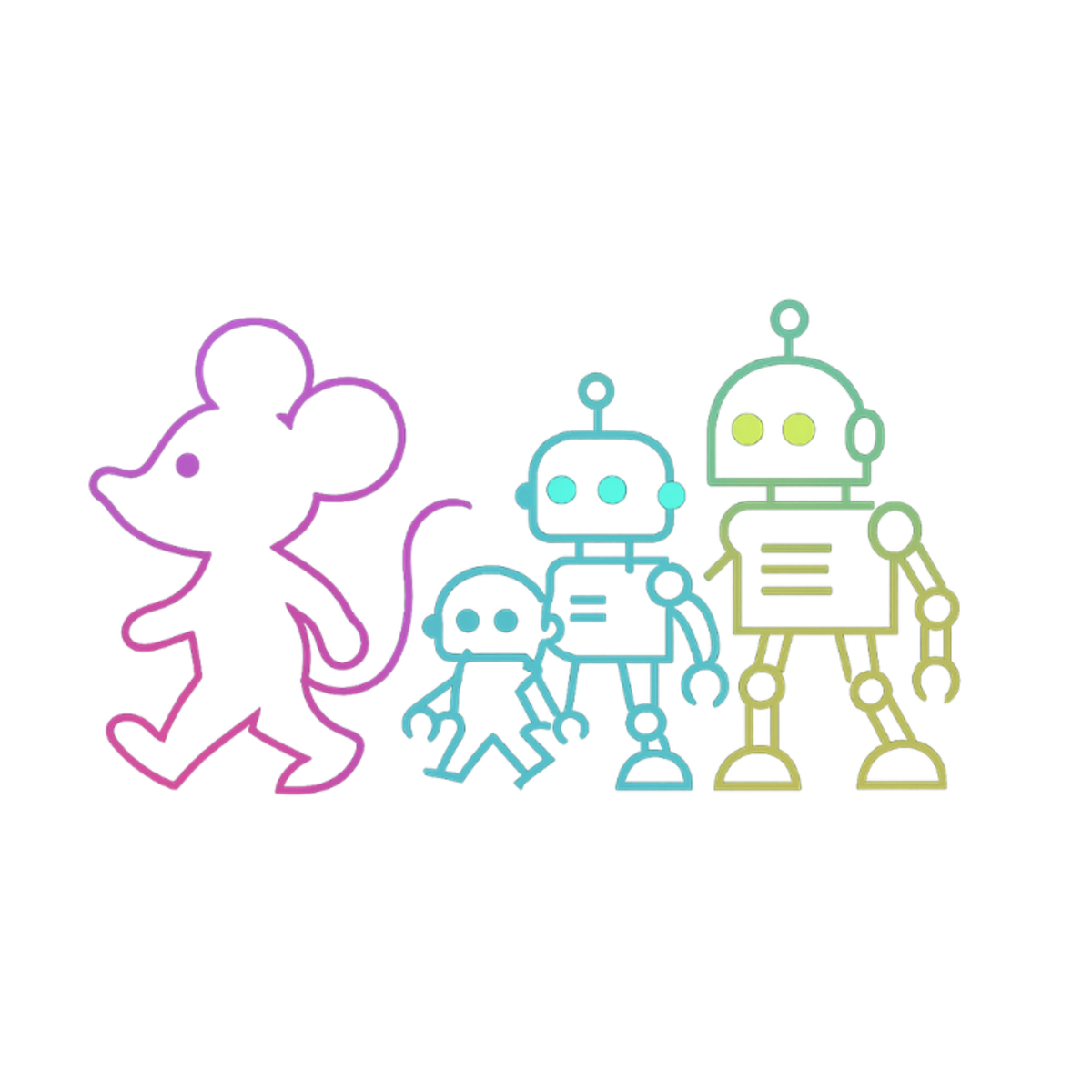The future of work is being rewritten in real time. As artificial intelligence moves deeper into operational tasks and decision making, the question is no longer whether jobs will change but whose jobs are at risk first.
According to analysts, the answer is not straightforward. Some believe entry level workers are most vulnerable, as AI systems are increasingly able to handle basic tasks, admin work, and customer support. Others argue it is the experienced employees who should be concerned, especially those resistant to learning new tools or adapting to fast moving AI workflows.
The result is a growing tension across hiring, training, and career development strategies. No one is immune from disruption, but not everyone is equally prepared.
Entry Level Automation Is Already Here
From chatbots handling service requests to AI tools generating research summaries, many tasks once assigned to junior employees are now handled by software. This trend is accelerating as AI becomes more capable of handling repeatable tasks at speed and scale.
That shift raises real concerns for new graduates or early career professionals. Without those early opportunities to build skills and experience, career ladders could become harder to climb. Companies may need to rethink internships, onboarding programs, and mentorship if AI handles the basics.
Experienced Workers Face a Different Threat
On the other side, experienced employees may face a different risk. Those who built careers on legacy systems or established routines may find their expertise less relevant as AI takes on more decision making, forecasting, and analytical work.
In some cases, the challenge is not replacement but relevance. AI tools are reshaping how decisions are made and what data gets prioritized. Workers who cannot integrate these tools into their daily operations may find themselves sidelined, even if their roles remain intact on paper.
What This Means for Business Owners
For solopreneurs and small teams, this is not just a debate. It is a strategic planning issue.
The most resilient businesses will be the ones that adapt quickly to changing labor dynamics. That means identifying which tasks can be streamlined by AI and which ones require new skills or mindsets. It also means staying ahead of the curve with continuous learning, process design, and team development.
You do not need to be an expert in AI to succeed. But you do need to build a team that can work with it, not around it.
Time to Audit and Upskill
Start by mapping your key business processes. Where does repetitive work slow you down? Which workflows involve decision trees that AI could support? Where do you rely on human judgment that could be enhanced, not replaced, by technology?
Once those gaps are visible, focus on upskilling. Train yourself and your team on how to use AI tools for writing, analysis, scheduling, or outreach. Look for training programs, free courses, or internal pilots that let people learn while doing.
The biggest mistake is to wait. Whether you are new to the workforce or twenty years in, the companies and individuals that thrive will be those who adapt before they are forced to.


